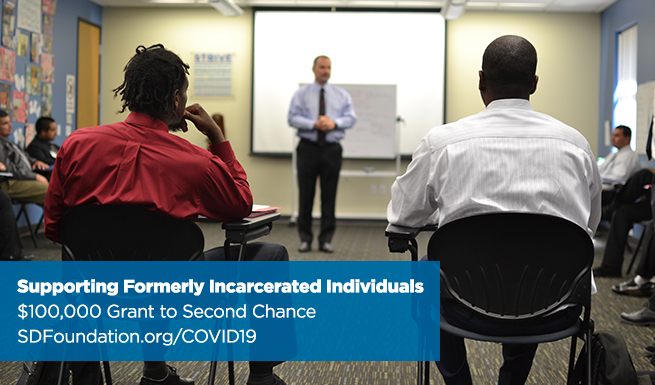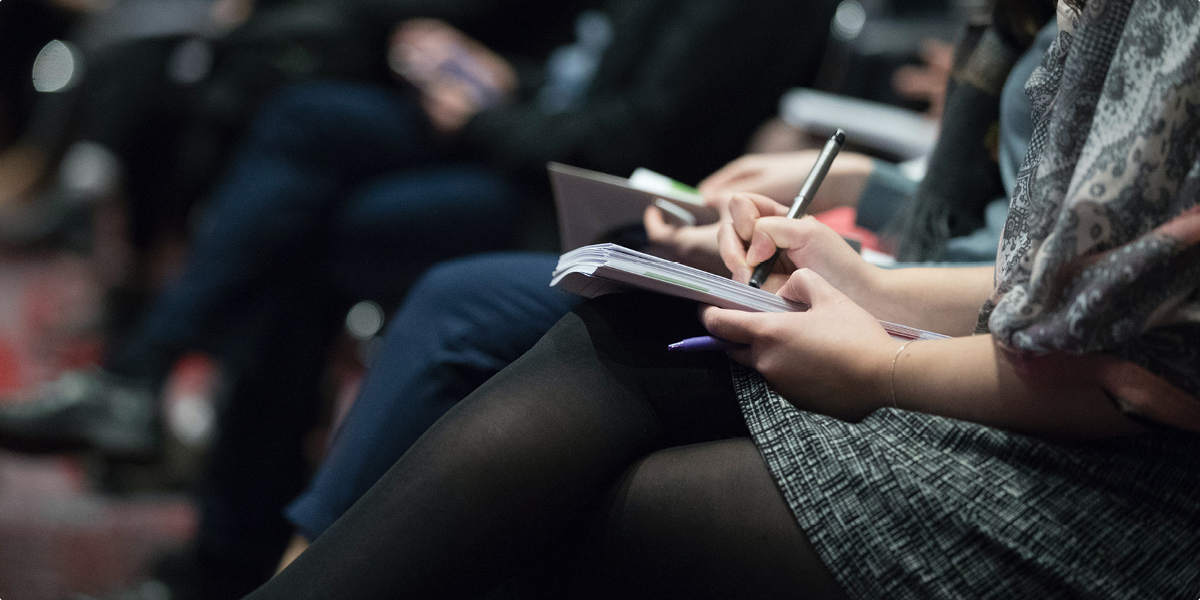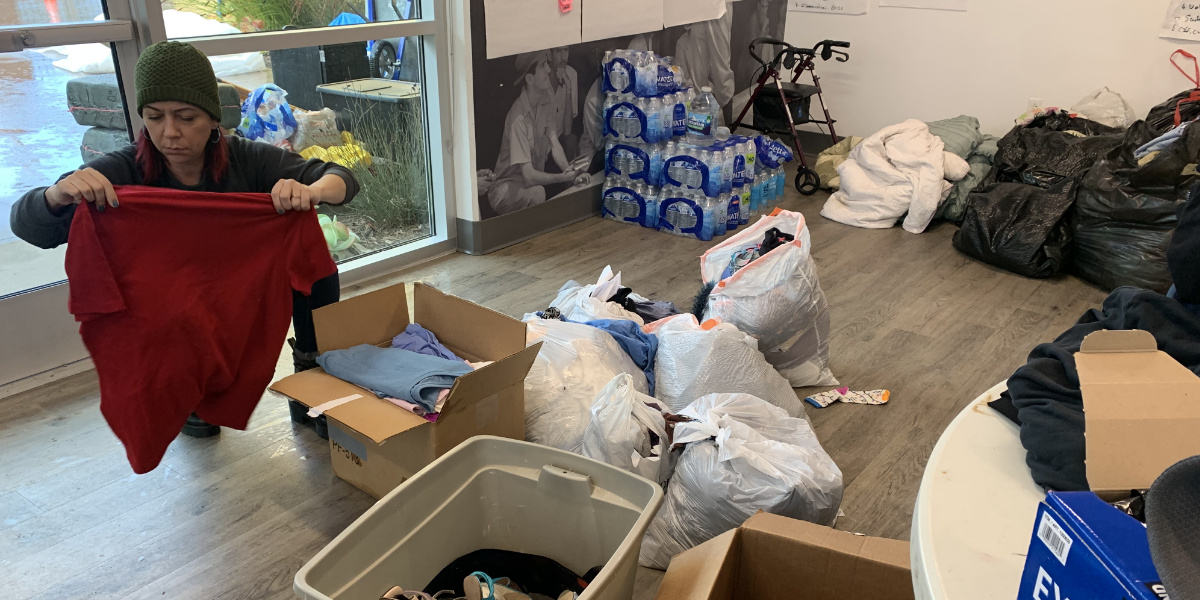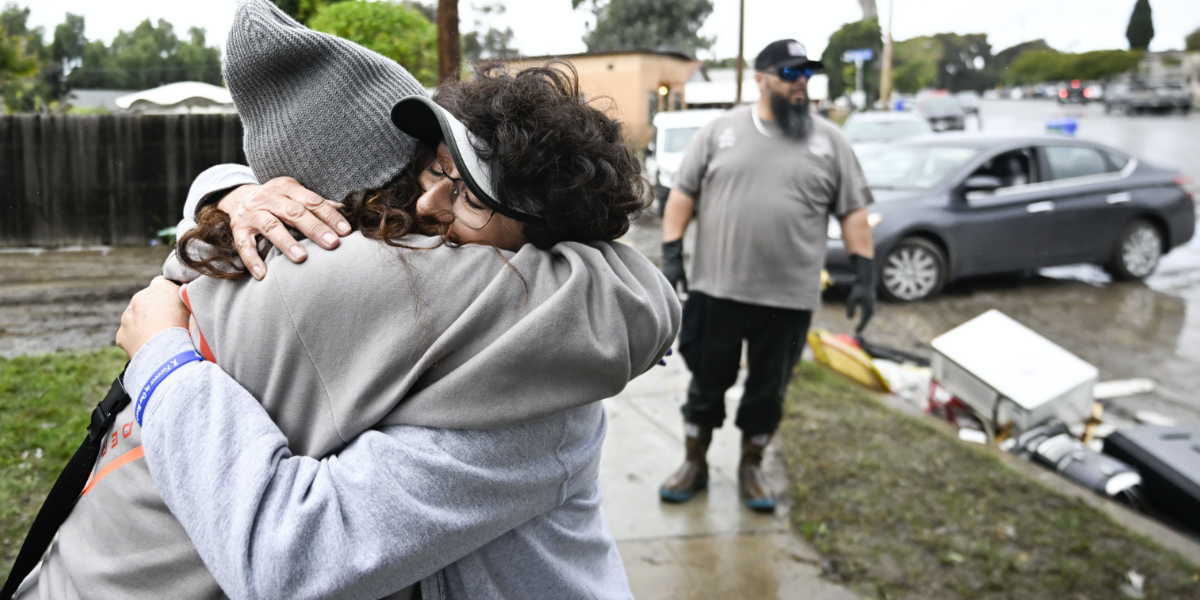Mistey Quevedo had been incarcerated for more than eight years when she was released from custody last year at the age of 24. She had never held a job outside prison, didn’t know anything about Lyft or Uber, and had few friends or family to lean on. “Just dealing with people was different,” she said. “I didn’t know if I was going to survive.”
Now working full time as a grocery store cashier, Quevedo is thriving thanks to the support she’s received from Second Chance, a San Diego-based nonprofit specializing in workforce readiness training, educational programs, and counseling for the formerly incarcerated. But with the coronavirus pandemic prompting the early release of thousands of incarcerated individuals, Second Chance itself is nearly overwhelmed.
The nonprofit has been able to maintain its services and pivot its program delivery due in large part to a $100,000 grant from the San Diego COVID-19 Community Response Fund at The San Diego Foundation. The contribution is paying for everything from bus passes and clothes for job interviews to meals and housing to support a growing number of formerly incarcerated individuals seeking to live successful lives as free men and women.
“We’re seeing people being released at a rate that we’ve never seen before,” said Chief Development Officer Sylvia DuBeau. “This generous contribution could not have come at a more critical time.”
Helping Others
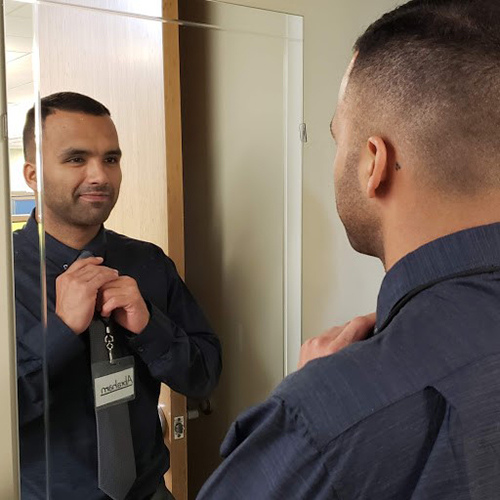
The COVID-19 Community Response Fund is hosted and administered by The San Diego Foundation in collaboration with county Supervisor Nathan Fletcher, who co-chairs the Board of Supervisors’ COVID-19 subcommittee. The fund was seeded with $1.25 million from The San Diego Foundation and $1 million from San Diego Gas & Electric, which has donated more than $2 million to the fund overall.
Thanks to contributions from individuals, businesses and donor-advised funds, the Fund has granted more than $12.3 million to over 130 local nonprofits working on the frontline of the health and economic crisis brought on by the coronavirus pandemic.
Demand for services has skyrocketed because of COVID-19 early-release policies. “We help people who need resources and support; the demand is unprecedented,” explained DuBeau.
The San Diego County Sheriff’s Department, for example, has implemented accelerated release credits for eligible inmates with 60 days or less on their sentence and recently began releasing inmates on zero bail per an order by the State Judicial Council. Nearly 1,200 inmates incarcerated for nonviolent misdemeanors or with fewer than 60 days remaining on their sentences have been released early.
The California Department of Corrections and Rehabilitation, meanwhile, has expedited the release of approximately 3,500 eligible inmates who were due to be set free within 60 days or less and were not a registered sex offender or currently serving time for a violent crime or domestic violence.
A Caring Community
Besides providing workforce training, emergency support, and counseling, Second Chance owns and operates five transitional, sober-living homes that provide a safe, stable living environment. Structure, staff and peer-driven accountability inspire personal responsibility, restore self-esteem and eliminate isolation by creating a community atmosphere with the ultimate goal of independent living.
“The folks who we’re serving, they’re coming to us with no other resources, with nowhere else to go,” said DuBeau.
Quevedo was one of them. Born in Salinas and raised in Stockton, Quevedo began mixing with the wrong crowd as a teen and was sentenced to 10 years behind bars – first at Juvenile Hall and then at the Central California Women’s Facility in Chowchilla – for her role in the kidnapping and attempted robbery of a taxi driver. Approximately 18 months before her release, Quevedo was sent to the Custody to Community Transitional Reentry Program in San Diego, a facility providing female inmates with rehabilitative and transitional programming to help ensure a successful return to society. Along the way, she heard about Second Chance.
“You have to put your pride down and ask for help,” said Quevedo. “Now they’re like family to me. If I need anything, if I need any advice, Second Chance is there for me. They’re making a big difference and helping me be successful.”
Indeed, just as the coronavirus pandemic hit, Quevedo picked up her two younger brothers, ages 6 and 12, whom she now cares for. She was working two jobs but left one of them so she could have more time to raise her siblings. Support from The San Diego Foundation’s COVID-19 Community Response Fund helped her purchase clothes and groceries for the family.
“It can be easy for people to justify not helping someone who has been in trouble before,” said DuBeau. “But without help, it’s difficult to change. We appreciate and are thankful for The San Diego Foundation and the COVID-19 Community Response Fund for helping those who are trying to better themselves.”
You can help San Diegans like Mistey Quevedo by donating today.
